Audio
Bec Baines - Youth and Worship
Ablequest by
2RPH3 seasons
16/11/2023
14 mins
Youthworks Accessibility Minister Bec Baines talks of making church accessible to young people with disabilities.

Ablequest is a series of 15 minute programs from 2RPH Sydney which examines developments in assistive technology and initiatives for those people living with a wide range of disabilities. Presented by Barbara Sullivan, Marni Roper and Elaine Wziontek.
In this edition:
Bec Baines, first-ever Accessibility Advisory Minister at Youthworks, talks with Elaine Wziontek about accessibility and belonging at church for people with disabilities.
Original air date: 16.11.23
Speaker 1 00:04
With information on the latest developments in assistive technology and initiatives, from the studios of 2RPH in Sydney, RPH Australia brings you AbleQuest.
Speaker 2 00:19
you
Speaker 1 00:21
Hello, I'm Barbara Sullivan. When we think about accessibility and inclusiveness, we usually consider shopping precincts, workspaces or entertainment centres. But what about attending and being part of a church community?
Speaker 1 00:36
Are churches accessible too? If you're a person with a disability, will you be welcomed and feel like you fit in, or find the whole experience a bit daunting? Of all public venues, churches are places of belonging and support.
Speaker 1 00:51
Today's guest is Beck Baines, who works in Disability Ministry in and around Sydney. With personal and family experience of disability, Beck believes accessibility is more than providing ramps and hearing loops, but encouraging ministry teams to make all people feel welcomed and with work accessibility ministry advisor.
Speaker 3 01:19
So back before we get into your role as an accessibility advisor, can you explain what YouthWorks is?
Speaker 2 01:27
So YouthWorks is an organisation that seeks to see an effective youth and children's ministry in every church. So how that's done is through a variety of ways. A Bible college for training and equipping people in ministry to young people and families.
Speaker 2 01:41
We have media and publishing. We have SRE and schools, conference centres, a gap year programme for school leavers. And what I'm part of is the ministry support team that meets with ministry staff and runs training and camps.
Speaker 3 01:54
So SRE, that's that special religious education.
Speaker 2 01:59
That's right, yes, special religious education in government schools.
Speaker 3 02:02
and it's part of the Sydney Diocese of the Anglican Church.
Speaker 2 02:06
That's right. We primarily support the Sydney Anglican churches, but we've also gone interstate and even international with the training and resources and the support that we have.
Speaker 3 02:16
So I've heard you describe your job as a dream job. What do you hope to achieve in this realm?
Speaker 2 02:23
Yes, some time ago, I think about 14 years ago, I started learning Auslan, so Australian Sign Language, and I thought to myself, I'd love to share the gospel with deaf people through sign. And then a few years later, I started working as a support worker in a disability service.
Speaker 2 02:39
And I thought, well, it's not just deaf people that need to hear the gospel, but also people with disability. The experience of my parents supporting people with disability, so I've got a foster brother and adopted brother with disability, just sort of seeing how their life, where lives are impacted by these young boys, I just really got such a passion for sharing the gospel, but also supporting families who are caring for people with disability.
Speaker 2 03:03
And so just through all those different experiences, I've been really feeling and seeing God at work in my life and preparing and equipping me to just share with churches how we can consider how to be more accessible for people with disability, and how we can move thinking from inclusion to belonging, whereby people with disability and their families, they can be at church knowing full well that they are loved, that they cared for, and they are a contributing factor to the church community.
Speaker 3 03:33
So it's a lot more than getting the steps right, getting the lighting right, making sure that people can hear.
Speaker 2 03:41
Yes, it's stepping more into the culture and the community of the church.
Speaker 3 03:47
Do you think churches have lagged behind making people feel with disabilities feel accepted?
Speaker 2 03:54
I think so, and I don't think that's necessarily intentional. I think it's just not quite knowing what to do or having the experience. Often people can be a bit fearful about doing the wrong thing or how do I teach someone with an intellectual disability or how do I help someone navigate a sensory overload?
Speaker 2 04:12
Yes, churches have had a bit of a harder job of creating inclusive environments, but more so from a lack of awareness and understanding. And particularly as culture has changed over time, you used to have people with disability kept in group homes and isolated in some ways, but we're moving more and more to integrated society and people with disability being in and amongst everyone.
Speaker 2 04:38
People just learning, actually, how do I do that? How do I create spaces that are inclusive and welcoming to people?
Speaker 3 04:45
So do you think there are attitudinal barriers? That's more of a problem than physical barriers like making the steps, putting proper ramps in and putting wide doorways in.
Speaker 2 04:55
Yeah, there's a bit of a saying that goes, it's not the unwelcoming stairs, as in the steps up, it's the unwelcoming stairs, the viewpoint. People don't quite know what to do, and I've heard it been said before that people struggle with knowing how to connect with people with disability, because it kind of shines a mirror on their own weaknesses and their inability to know what to do next.
Speaker 2 05:16
So sometimes I think people really do shy away from knowing how to support and just connect with people with disability. So hopefully that's where I come in and give confidence and empowerment and understanding in that way.
Speaker 3 05:29
So what kind of practical steps can churches take to be more inclusive?
Speaker 2 05:33
So there can be some pretty basic things to get started with. I always think a good place to start is your church website. And so if you're not someone who runs the website, have a good look at it and offer some support.
Speaker 2 05:43
And what I think is good for a church website is that churches advertise their service times and the service sermon series, which is great and good and do that. But I think we need to add in extra information.
Speaker 2 05:54
What is the accessibility in our church spaces? What are some photos that we can show about what the place looks like and what to expect when they get there? We can't quite expect someone with a disability to turn up to church and use a wheelchair and have confidence that they can access a building that was built so many years ago and not very accessible at the time of building.
Speaker 2 06:14
So advertise what you do have and also give space for people to share what they might need. Whether that is even as simple as, can we just make sure there's some cushions available to sit on or that there's extra printouts of the sermon notes, for example, as well.
Speaker 2 06:29
Thinking about seating is good. So if you've got a meeting space that has just individual chairs, being able to take out a couple of chairs and a space, maybe of someone's choosing so that they can sort of use their mobility aid, whether it's a wheelchair or a walkup, for instance.
Speaker 2 06:46
So they're not sort of feeling like you have to sit at the back or you have to sit to the side over there. So if you can take some chairs out just to create that space. But if you're working with pews, is there a possibility to remove a pew or two just to again create extra space for movement and people to feel like that they can sort of be part of the community of the service and not pushed out to the side.
Speaker 3 07:07
Can you tell us about some of the people living with disabilities who have been made welcome and not only been made welcome, want to stay for more than that first time at church?
Speaker 2 07:16
Yeah, so I had a meeting with a kids minister at one of the churches and they said they had a new family that came along and they had a young boy on the spectrum. And he seemed uncororporated with leaders.
Speaker 2 07:27
He often called out and didn't quite want to do what was kind of the thing that was happening at the time. And this kids minister was, I don't know what to do. How do I keep on encouraging and loving?
Speaker 2 07:37
And I just shared with her, it's going to take time and that's okay. Keep getting to know the boy. Keep finding out what his strengths are. What are the things he loves doing? How can we incorporate those into the ministry that he's part of?
Speaker 2 07:50
And then I met up with this person again. I thought, oh, how is that going on now with this boy? How are things going? She goes, oh my goodness. It's been so wonderful because there was a time when he went into a room, came straight back out again and I said, oh, what's up?
Speaker 2 08:05
What's going on? He goes, oh, the smell is overwhelming for me there. But then he just went, but you know what? I need to get back in that room and because listening about God is so much more important.
Speaker 2 08:16
What was the smell all about? I think it was the smell of young boys. A room full of young boys, sweaty and smelly kind of thing. And that was just triggering. It was just a lot to take in. People on the spectrum can get a sensory overload, whether that's through the brightness of a room or the sound or the smell or just even all at once that just hits people.
Speaker 2 08:36
And sometimes it can just be that one thing like just the body odor of people that go, no, I can't deal with this. But just even the fact that he was able to express that and communicate that he trusted the leader and he felt safe to share that.
Speaker 2 08:49
But then because of that went, you know what? It's more of a priority that I'm in the room than out of the room. And so I think that was really wonderful. And there was another time I met with a church team.
Speaker 2 08:59
There was the ministry team. There was a warden and there was the mum of two boys with disability. And it was a really good meeting for everyone to share their experience or their history of things or their dreams or their visions.
Speaker 2 09:12
And just for people to be on that same page. And you could just see this mum went, oh, I feel so heard and loved and there's intentionality now of a way forward. It's not just I'm fighting this battle on my own.
Speaker 2 09:25
She's feeling like everyone understands now what it's like to her to attend church with her children, but there is good intention for making them feel welcome and included.
Speaker 3 09:34
So Beck, I believe you have lived with the disability. It's hearing loss, isn't it, since you were a child?
Speaker 2 09:40
So when I was six months old, I got very, very sick, meningitis, my prognosis was not good at all. And by the grace of God, I was saved and made well again, but I had a hearing loss in one of my ears, so completely, completely dead.
Speaker 2 09:54
And then just from the age of about four, I think it was, I just kept getting ear infections in my other ear and losing my hearing over time until I was about a young teenager. So I got my first hearing aid for one of my ears when I was about 10 years old.
Speaker 3 10:09
And so you've got other family members with other challenges.
Speaker 2 10:12
Yeah, so I was starting to mention before that when I was about seven years old and we adopted a young boy who has Down syndrome, so he was six months at the time and now he's 27, still is at home, with my family.
Speaker 2 10:24
And then we had a six -year -old boy move in, this was one of us more, it's about 19, and he was on the spectrum and had a whole lot of other health problems as well. And so he moved in and lived with my family for about 10 years, I think.
Speaker 3 10:38
So you think these experiences have allowed you to understand or empathise and then be able to offer practical help to make churches more inclusive.
Speaker 2 10:47
I'd like to think so. It's certainly given me a lot of firsthand experience and insight. For me, for instance, what it's like having hearing loss, where I need to sit in the room and hear what's going on, even some little things I missed out on.
Speaker 2 11:00
So it's given me that kind of experience. It's also made me think through how do we teach the Bible to people with intellectual disability and also how to care for families who are raising a child with disability.
Speaker 2 11:11
So I've seen and been part of a few of those facets, for instance. And it's given me that insight to share with church ministers and leaders of things that they just might not have been aware of, that I can kind of shed some light on.
Speaker 3 11:23
I'm sure everybody at church wants to do their best for everybody because they mean the Bible teachers that you must love and care for one another.
Speaker 2 11:31
Yeah, for the most part, people do have good intentions. They understand there's disability in the world and how can we make the gospel known to all people of all nations. And so there can be some simple changes that you can do in your church services or your ministry program.
Speaker 2 11:47
You know, making sure that there's some good structure and routine, maybe there might just be a need for visual schedules because sometimes receiving information visually is a bit more effective than verbally.
Speaker 2 11:57
So if you find alternate, but also more than one way to deliver information, even providing alternate activities when there's another activity on. So in a kids or youth group, there might be a big run -around game and maybe some kids just want to sit in a group with others and draw or something like that and have some meaningful conversation there.
Speaker 2 12:19
Even in a church service, I know of people who listen far more effectively when they're able to draw or write, fidget with something in their hands. Even knitting, that's becoming a bit more of a thing now that people can bring their knitting in and that just helps them focus and listen as well.
Speaker 2 12:34
But I really think the biggest thing that everyone can do is to just slow down within themselves and take time and then get to know them, learn what their strengths and passions are and really just cultivate friendship with them and thinking through, you're not moving at the speed of yourself, but you want to move at a speed of love.
Speaker 2 12:56
So continue developing friendships, continue to delight in just being present together in the diversity that God has made us.
Speaker 3 13:04
That's great. So I understand that there are a few people in the Bible who have disabilities. Not everybody's got a perfect body, have they?
Speaker 2 13:10
No, that's right. I mean, the Bible talks a lot about the diversity in lots of ways. You've got people who are poor and slaves and free and all that sort of thing. Moses, who some disability scholars would believe he has a speech impediment, when God is saying, you know, go to Egypt and tell Farid, I let my people go.
Speaker 2 13:27
And Moses is saying, well, the reason is why he can't. And one of those reasons was, well, you know, I'm slow of speech. And so people believe he has a speech impediment. But we say that God actually is so much more powerful than our weaknesses or things that aren't working as usual with our bodies at work in him sharing the good news.
Speaker 3 13:45
It's been great to talk to you today before you go back. If listeners would like to find out more about youth works, how can they learn more?
Speaker 2 13:54
We have a website, it's just pure and simple, youthworks .net. And you can find out more information about me in the Ministry Support Team.
Speaker 3 14:01
And that was Beck Baines, who's the YouthWorks Accessibility Ministry Advisor. And if you'd like to hear this interview again, it will be available as a podcast on the two RPH website under AbleQuest and all major podcast apps.
Speaker 1 14:22
You have just been listening to AbleQuest, a program that looks at developments in assistive technology and initiatives. From Elaine Chontek and Barbara Sullivan, thank you for listening and goodbye till next program.
Continue listening

Blind Sports Australia CEO Matt Clayton speaks about its work with blind and vision impaired athletes across 21 sports.
Matt Clayton - Blind Sports Australia
Ablequest by 2RPH
5/5/2023
•13 mins
Audio

Vivid, Sydney's celebration of creativity, seen from a disability access focus by its director.
Gill Minervini - Vivid
Ablequest by 2RPH
19/5/2023
•14 mins
Audio

This program discusses dance movement therapy and how it works - featuring Cecilia King of the Dance Therapy Association.
Cecilia King - Dance Therapy
Ablequest by 2RPH
14 mins
Audio

What are the challenges of providing audio description on Oz TV? Hear Lauren Henley, Aust Federation of Disability Organisations.
Lauren Henley - Audio Description
Ablequest by 2RPH
16/6/2023
•14 mins
Audio

In Part 1 of a 2RPH interview, assistive tech expert David Woodbridge explores latest innovations to make everyday life easier.
David Woodbridge - Tech Update Part 1
Ablequest by 2RPH
30/6/2023
•14 mins
Audio

Features Robert Duff-Silsby of Luddi, Perth company developing assistive devices for all people and bodies.
Robert Duff-Silsby - Sexual Wellbeing
Ablequest by 2RPH
13 mins
Audio

In Part 2 of this conversation with 2RPH's Ablequest, expert David Woodbridge reviews latest assistive technologies.
David Woodbridge - Tech Update Part 2
Ablequest by 2RPH
28/7/2023
•14 mins
Audio

Matt Clayton of Blind Sports Australia and the Oz team's Chef de Mission, discusses the forthcoming World Blind Games in the UK.
Matt Clayton - World Blind Games
Ablequest by 2RPH
11/8/2023
•13 mins
Audio

Prof Kim Marriott of the Monash Assistive Technology and Society Centre, talks about the purpose and work of the Centre.
Kim Marriott - Monash Assistive Technology and Society Centre
Ablequest by 2RPH
25/8/2023
•13 mins
Audio

Ablequest features an interview with Serena Ovens, new CEO of Assistive Technology Supplies Australia or "ATSA".
Serena Ovens - Assistive Technology Supplies Australia
Ablequest by 2RPH
14 mins
Audio

Part 1 of an interview on the voice-activated app, Bindi Maps.
Anna Wright - Bindi Maps (Part 1)
Ablequest by 2RPH
14 mins
Audio

This is Part 2 of an interview with Dr Anna Wright, explaining how Bindi Maps works.
Anna Wright - Bindi Maps (Part 2)
Ablequest by 2RPH
14 mins
Audio

Artist Ebony Wightman of disability-led We Are Studios talks about art and challenge.
Ebony Wightman - We Are Studios
Ablequest by 2RPH
20/10/2023
•13 mins
Audio

Prof. Leeanne Carey discusses the SENSe program, her team's world-first therapy to help stroke survivors.
Leeanne Carey - SENSe Therapy
Ablequest by 2RPH
2/11/2023
•13 mins
Audio

Youthworks Accessibility Minister Bec Baines talks of making church accessible to young people with disabilities.
Bec Baines - Youth and Worship
Ablequest by 2RPH
16/11/2023
•14 mins
Audio

Nikki Hind, Australia's first blind fashion designer, discusses her work.
Nikki Hind: Blind Grit
Ablequest by 2RPH
1 December 2023
•14 mins
Audio

Dr Dimity Williams, family GP, recommends spending more time in nature - and a "green hour" each day.
Green Hour: Dr Dimity Williams
Ablequest by 2RPH
5 December 2023
•14 mins
Audio

Imagine sitting in a wheelchair for hours, being unable to move your fingers or arm to do simple things like pick up a glass.
Konstanze Hager - Bateo
Ablequest by 2RPH
Konstanze Hager - Bateo
•14 mins
Audio

Action Audio is a new language being created to transcend sport.
Machar Reid - Action Audio
Ablequest by 2RPH
Machar Reid - Action Audio
•14 mins
Audio

What a difference one person with experience, passion and energy can make to many lives.
Julie Ross-Edwards - Head High
Ablequest by 2RPH
Julie Ross-Edwards - Head High
•14 mins
Audio

Driver educator outlines what's needed for a person with disability to get a driver's licence.
Ronak Shah: on-road driving education
Ablequest by 2RPH
12 January 2024
•14 mins
Audio

Vision Australia's Christo Sarantakis talks of his life, blindness and assistive tech changes.
Christo Sarantakis of Vision Australia
Ablequest by 2RPH
26 January 2024
•14 mins
Audio

Introducing Australia's first pictureless feature film, TOUCH, showing in Sydney.
Majella Knobel: "Touch" - open air movie
Ablequest by 2RPH
9 February 2024
•14 mins
Audio

An expert discusses the use of horticultural therapy for people with disabilities.
Steven Wells: horticultural therapy
Ablequest by 2RPH
23 February 2024
•14 mins
Audio

Features articles on latest blind-assistive tech including a new bus app and smart ear buds.
Assistive tech news catchup
Ablequest by 2RPH
8 March 2024
•14 mins
Audio

Features an innovative hospitality industry training program for people with disabilities.
Saraya O'Connell - Hotel Etico Independence Program
Ablequest by 2RPH
22 March 2024
•14 mins
Audio

Guests discuss the Obi robotic dining assistant for people with upper arm disabilities.
Hugh Kingley and Rachel Dekkar: Obi
Ablequest by 2RPH
19 April 2024
•14 mins
Audio

A spy-themed computer program tackles the mystery of social encounters - outlined by its company's CEO.
Kathleen Davey - Social Science Translated
Ablequest by 2RPH
3 May 2024
•14 mins
Audio

A Sydney organisation delivers creative arts and life skills to people with disabilities.
ChoppA Green - Studio Artes
Ablequest by 2RPH
17 May 2024
•14 mins
Audio

An award-winning Central Coast NSW disability service shares its successful strategies.
Lonestar Makoni - Breaking Barriers Disability Services
Ablequest by 2RPH
31 May 2024
•14 mins
Audio

Part 1 of a conversation with an Australian neuroscience research pioneer about benefits of music in brain injury recovery.
Professor Sarah Wilson (part 1)
Ablequest by 2RPH
14 June 2024
•14 mins
Audio

Part 2 of a conversation with a leading neuroscientist of benefits of music in brain injury recovery.
Professor Sarah Wilson (part 2)
Ablequest by 2RPH
28 June 2024
•14 mins
Audio

A CEO talks about his company's award-winning assistive physical therapy device.
Justin Keenan - LusioMate
Ablequest by 2RPH
12 July 2024
•14 mins
Audio

Information about a program teaching good cyber-security practices to make daily life safer.
Jess Wilson: Be Connected
Ablequest by 2RPH
26 July 2024
•14 mins
Audio

A veteran print disability broadcaster with macular degeneration shares her experiences.
Teresa Plane - 2RPH
Ablequest by 2RPH
9 August 2024
•14 mins
Audio

The founder of a blind-assistive technology company shares latest developments.
Peter Ford - Control Bionics (part 1)
Ablequest by 2RPH
6 September 2024
•14 mins
Audio

Part 2 of an interview with the head of an innovative blind-assistive technology company.
Peter Ford - Control Bionics (part 2)
Ablequest by 2RPH
20 September 2024
•13 mins
Audio

Looks at a project to better inform refugee and migrant women on AI.
Good Things - Jess Wilson
Ablequest by 2RPH
4 October 2024
•14 mins
Audio

An expert with lived experience corrects some widespread misconceptions about stuttering.
Dale Williams - Stuttering Awareness Day
Ablequest by 2RPH
18 October 2024
•14 mins
Audio

An inventor discusses his an innovative cane tip to help people with blindness or low vision.
Peter Rickards - Sensaball
Ablequest by 2RPH
15 November 2024
•13 mins
Audio

Part 1 of an interview with an Australian expert on low-vision-assistive technology, on AI and other developments.
David Woodbridge (part 1)
Ablequest by 2RPH
29/11/2024
•14 mins
Audio

Conclusion of an interview with a leading Australian expert on blind-assistive technology.
David Woodbridge (part 2)
Ablequest by 2RPH
13 December 2024
•14 mins
Audio

Looks at the leading stroke treatment work of the Royal Rehabilitation Hospital, Ryde NSW.
Jason Redhead and Graham Cooper of Royal Rehab Ryde
Ablequest by 2RPH
10 January 2025
•14 mins
Audio

An innovative social media platform aims to address isolation and loneliness in the disability community.
Steve Bear - Alvie
Ablequest by 2RPH
7 February 2025
•12 mins
Audio

Australia's largest provider of Auslan sign services outlines its important work.
Brett Casey - Deaf Connect
Ablequest by 2RPH
21 February 2025
•14 mins
Audio

Looks at an Australian organisation's work at helping men seek help and build self-awareness.
Tommy Herschell - Find Ya Feet
Ablequest by 2RPH
7 March 2025
•14 mins
Audio

A speech pathoplogist discusses her work with young people's complex communication needs.
Denise West - Scope
Ablequest by 2RPH
21 March 2025
•14 mins
Audio

A vision-impaired disability rights advocate talks of her work and learning podcast skills.
Freya Wolf
Ablequest by 2RPH
4 April 2025
•14 mins
Audio

A leading Australian eye researcher talks of his team's work in creating new hope for people with retinal damage.
Raymond Wong - Centre for Eye Research Australia
Ablequest by 2RPH
18 April 2025
•14 mins
Audio

A wheelchair-using business owner, facilitator and car rally driver shares experiences and insights.
Mel Harrison - Sitting Low, Reaching High
Ablequest by 2RPH
2 May 2025
•13 mins
Audio
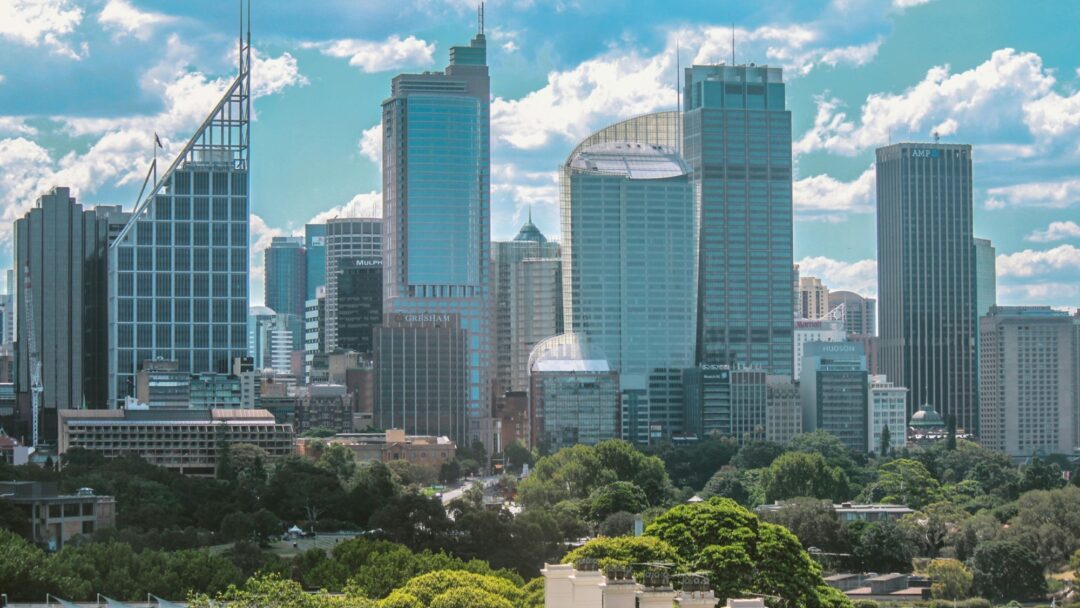
Disability Pride Month in July promotes awareness about people with disability and also celebrates individuals with disability.
Hannah Solomons - Sydney Disability Pride
Ablequest by 2RPH
Hannah Solomons - Sydney Disability Pride
•14 mins
Audio
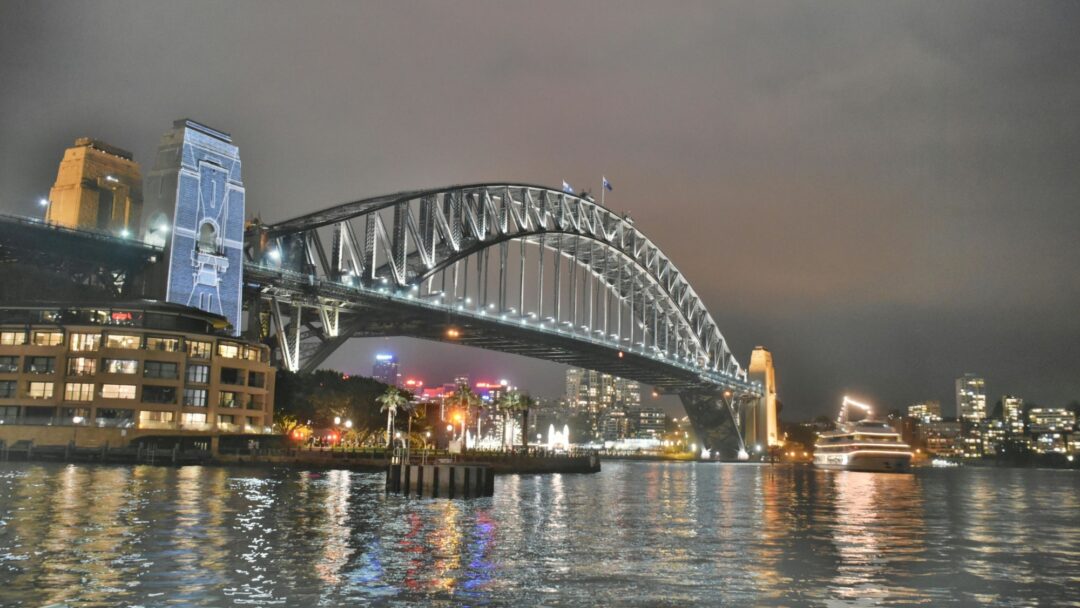
Deb Roach is a three-time pole dancing world champion yet she has only one arm.
Deb Roach
Ablequest by 2RPH
Deb Roach
•13 mins
Audio
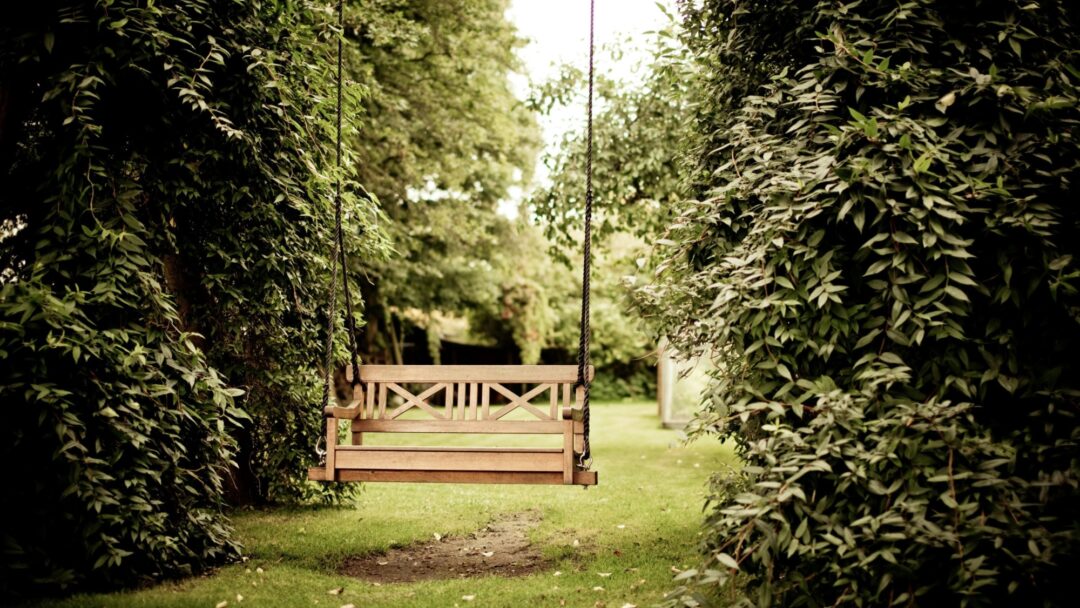
Being in nature is good for you whether it is being in the garden or walking along the beach.
Kayte Kitchen - Admirari Nature Therapy
Ablequest by 2RPH
Kayte Kitchen - Admirari Nature Therapy
•14 mins
Audio
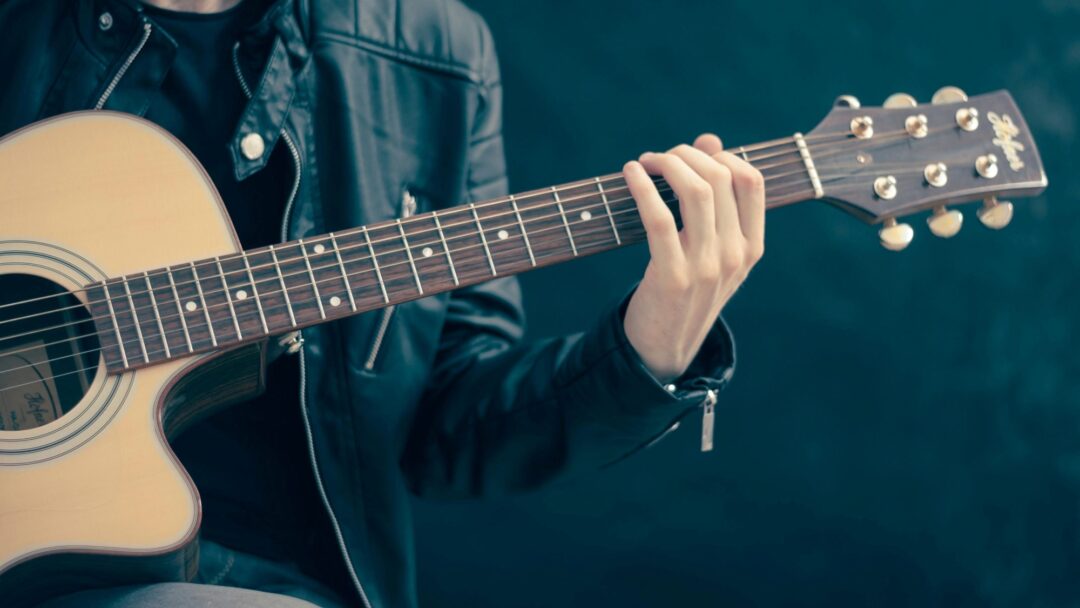
Music can evoke emotions that bring back memories and the same is true for people living with dementia.
Zara Thompson - Music Therapy
Ablequest by 2RPH
Zara Thompson - Music Therapy
•14 mins
Audio
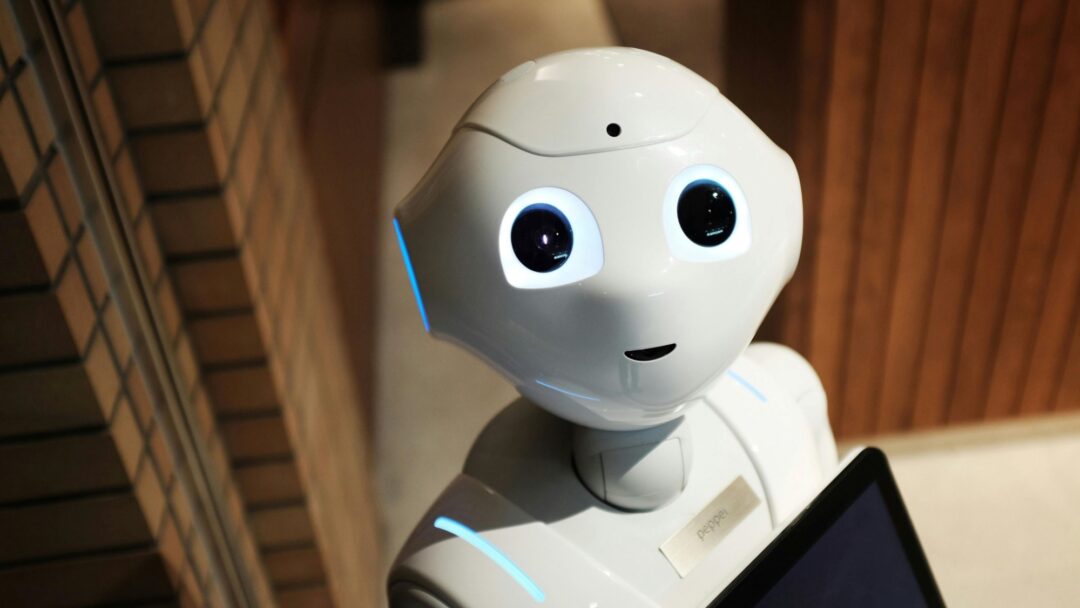
Laura Boccanfuso is founder and CEO of Van Robotics, a social robotics company based in South Carolina in the United States.
Laura Boccanfuso - Van Robotics
Ablequest by 2RPH
Laura Boccanfuso - Van Robotics
•14 mins
Audio

Two years ago Maggie O'Connell, in her mid 20's never had a full time job.
Maggie O'Connell - AFP
Ablequest by 2RPH
Maggie O'Connell - AFP
•14 mins
Audio
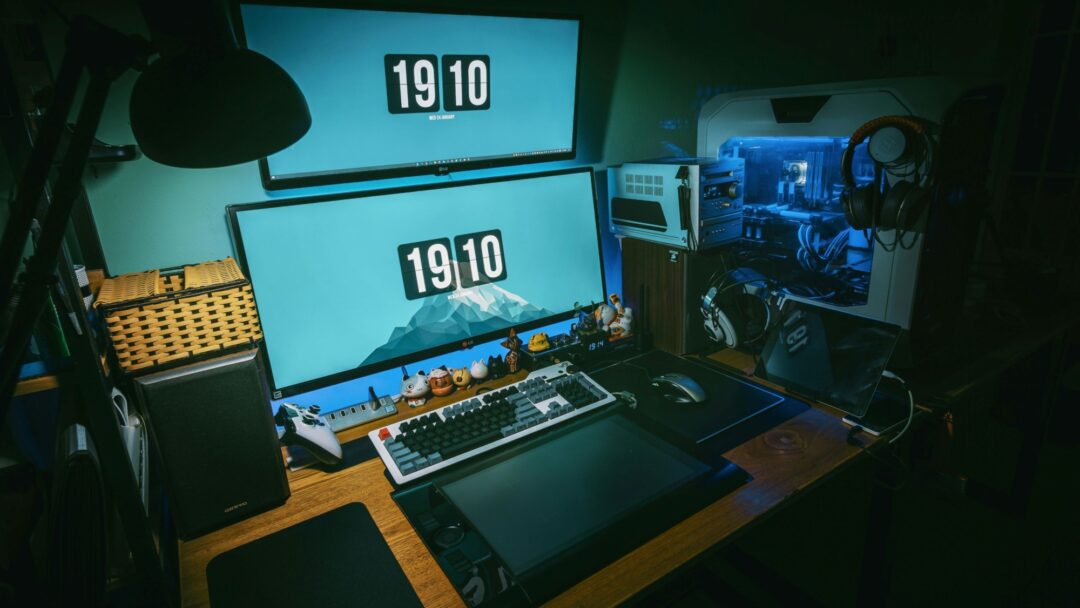
Julie Ross-Edwards, founder of Head High Disability Services, returns to Ablequest to speak more about Head High's philosophy and special approach.
Head High (Update)
Ablequest by 2RPH
Head High (Update)
•13 mins
Audio
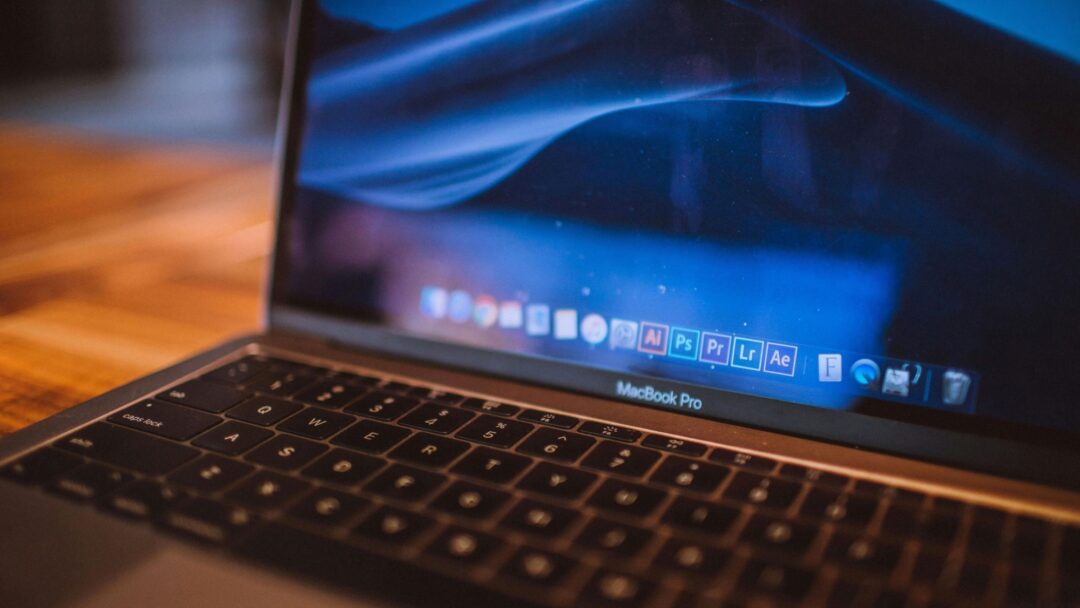
David Woodbridge, an expert in assistive technology for people with no or low vision, is a regular guest on Ablequest.
David Woodbridge
Ablequest by 2RPH
David Woodbridge
•14 mins
Audio

Pete Horsley is the Founder of Remarkable, a global start up and initiative of the Cerebral Palsy Alliance.
Pete Horsley - Remarkable Disability Tech Summit
Ablequest by 2RPH
Pete Horsley - Remarkable Disability Tech Summit
•14 mins
Audio